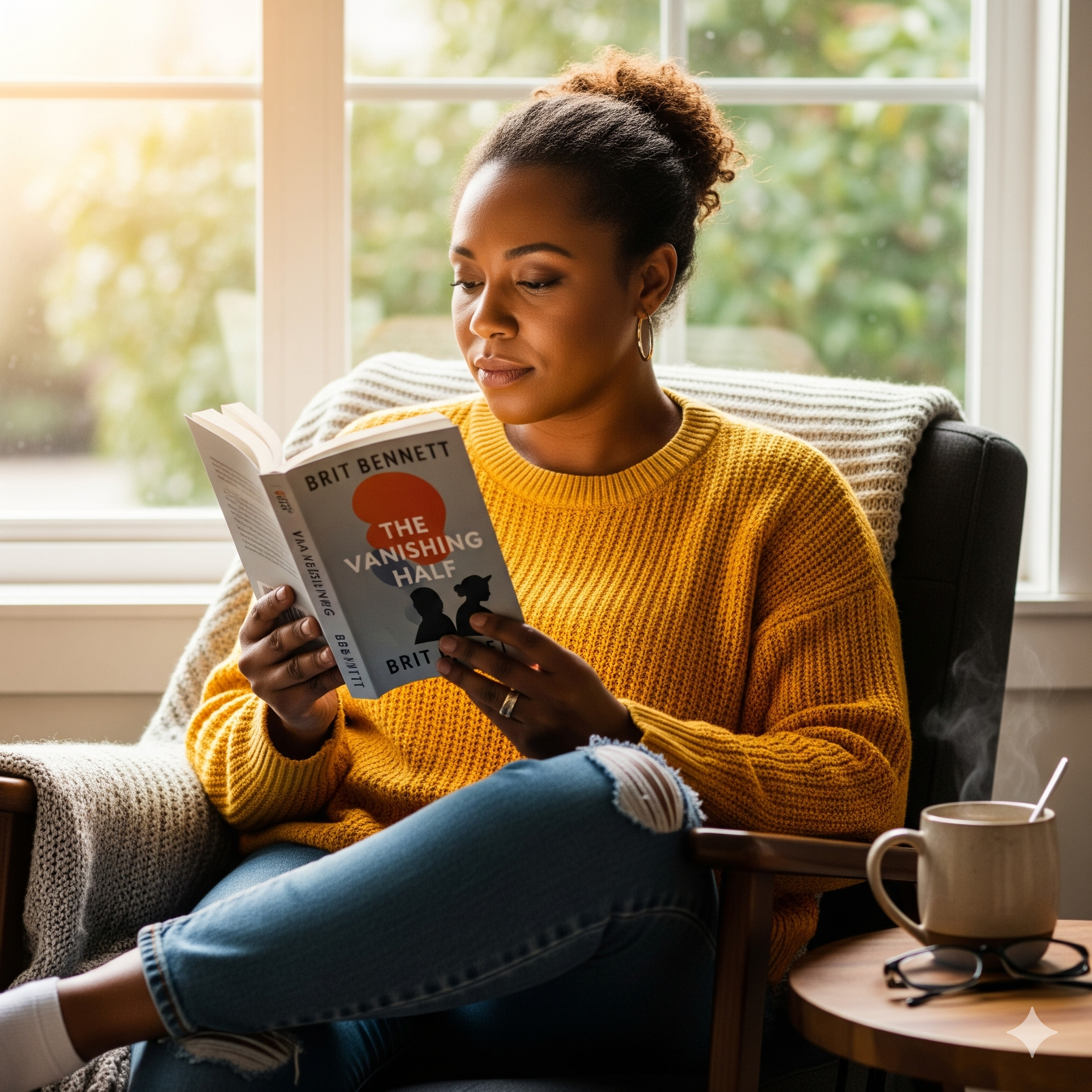Updated: 1 September 2025
Passion, rooted in real-life experiences, has always fueled the stories that shape cultural insights, especially within Black communities. A modern trend like Ebony cams stands out as a significant influence, showcasing intimate storytelling through online platforms. This piece seeks to reveal how these current forms of desire and identity blend into the changing themes of Black literary works, emphasizing empowerment and cultural pride.
Exploring the Cultural Lens: Ebonycams as a Mirror of Black Experience
, in particular, emerge as a channel where performers build personal tales around desire, closeness, and individuality. These environments offer an unfiltered look into personal lives, sidestepping traditional media barriers to present genuine Black experiences.
This direct approach strikes a chord, providing a counter-story to skewed depictions often seen in popular culture. The growth of such platforms marks a move toward self-representation, where Black performers shape how their bodies and stories are viewed. This act of reclaiming one’s image carries both personal and shared meaning, building a sense of pride and connection among creators and audiences.
Here are some ways these platforms impact culture:
- They offer a stage for exploring layered emotions and desires, akin to literary works.
- They inspire others to share their truths openly, without fear of judgment.
- They build a shared experience, connecting audiences through common struggles and joys.
Parallels with Timeless Black Literary Themes
Writers like Zora Neale Hurston captured the spirit of personal freedom in works such as "Their Eyes Were Watching God," where characters pursued control over their bodies and desires. In a parallel way, performers on digital platforms take charge of their stories, standing firm against outside criticism and societal limits.

Both forms tackle and break down damaging stereotypes about Black bodies, resisting a past of objectification. In literature, this pushback often appeared as characters living life on their own terms, defying norms. Ebony cams carry this same spirit, with performers framing their sexuality as a point of strength rather than stigma, much like the bold figures in classic Black texts.
For example, Hurston’s characters often explored love and desire as expressions of power. This same energy flows through performances on Ebony webcam, where each decision to reveal or hold back becomes a statement of control. By drawing these links, we see how digital expressions carry forward the legacy of literary resistance, adapting it to today’s context.
How Webcams Inspire Modern Black Writers
Writers can draw from the boldness of performers who redefine norms through their online presence. This courage to stand unapologetically in one’s truth often translates into literary works that challenge readers to rethink biases. The personal nature of these digital stories also adds depth to written narratives, grounding them in real, lived experiences.
Here are a few ways this inspiration manifests:
- Characters in modern Black literature may reflect the defiance seen in performers, owning their sexuality with pride.
- Themes of agency and self-representation become central, echoing the control performers exert over their image.
- Stories gain a layer of immediacy, mirroring the real-time connection of digital platforms.
Empowerment Through Storytelling
Both Ebony webcams and Black literature serve as tools for reclaiming narratives long shaped by outside forces. Performers on digital platforms take back control, presenting their stories in ways that defy misrepresentation. In a similar vein, Black writers craft tales that center authentic experiences, pushing against dominant, often biased portrayals.
Key aspects of this empowerment include:
- The ability to define one’s image and story without external interference.
- The creation of safe spaces for expression, whether through a screen or a page.
- The celebration of identity in all its forms, breaking down barriers of judgment.
Building Community Through Shared Stories
Cam platforms allow performers and viewers to engage in real-time, building connections rooted in mutual understanding. Literature, through its timeless reach, creates a similar bond, uniting readers across generations through shared narratives.
These connections are vital for reinforcing cultural identity and solidarity. Performers often speak to experiences that resonate widely, creating a virtual gathering place for dialogue. Writers, in turn, craft works that preserve these conversations, ensuring they endure and inspire future voices.